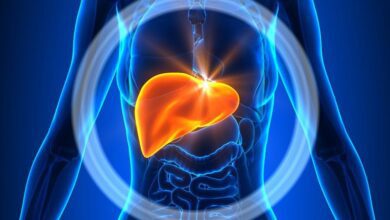Drink Caution: Black Tea and Vitamin C’s Surprising Effect on the Kidneys
Black tea became a popular beverage all across the globe during the COVID-19 epidemic and its aftermath. People had plenty of time to consider COVID prophylaxis, therefore vitamin C use was seen as advantageous. Social media spread the myth that consuming black tea with vitamin C improves the latter’s absorption. As a result, many people started drinking many cups of tea in an effort to avoid getting COVID, inadvertently raising the dangerously high amounts of oxalate in their urine. Large renal calcium oxalate stones finally developed as a consequence of this protracted process, and in some instances, kidney failure as well. It took months to find the link between excessive tea drinking and these side effects since patients undergoing stone analysis after surgery were given dietary advice.
People with a history of renal stones, hypertensive patients, and people with impaired kidney function were most vulnerable to these problems. The Sanskrit proverb “Ati Sarvatra varjayet,” which translates to “Excess of anything is harmful,” captures the lesson that may be drawn from this circumstance. People unintentionally established a bad habit that caused another ailment while trying to avoid one sickness. Maintaining a balanced diet is critical, avoiding excessive consumption of any one item while making sure an appropriate intake of vital nutrients is achieved.
Proper hydration is essential to preventing kidney injury; a daily water consumption of around 2.5 liters is advised. For hypertensive people, it’s crucial to consistently check blood pressure and engage in at least 40 minutes of physical exercise each day. It is advised to quickly seek medical assistance and go to the hospital for a fast assessment in the event of any health issues.







